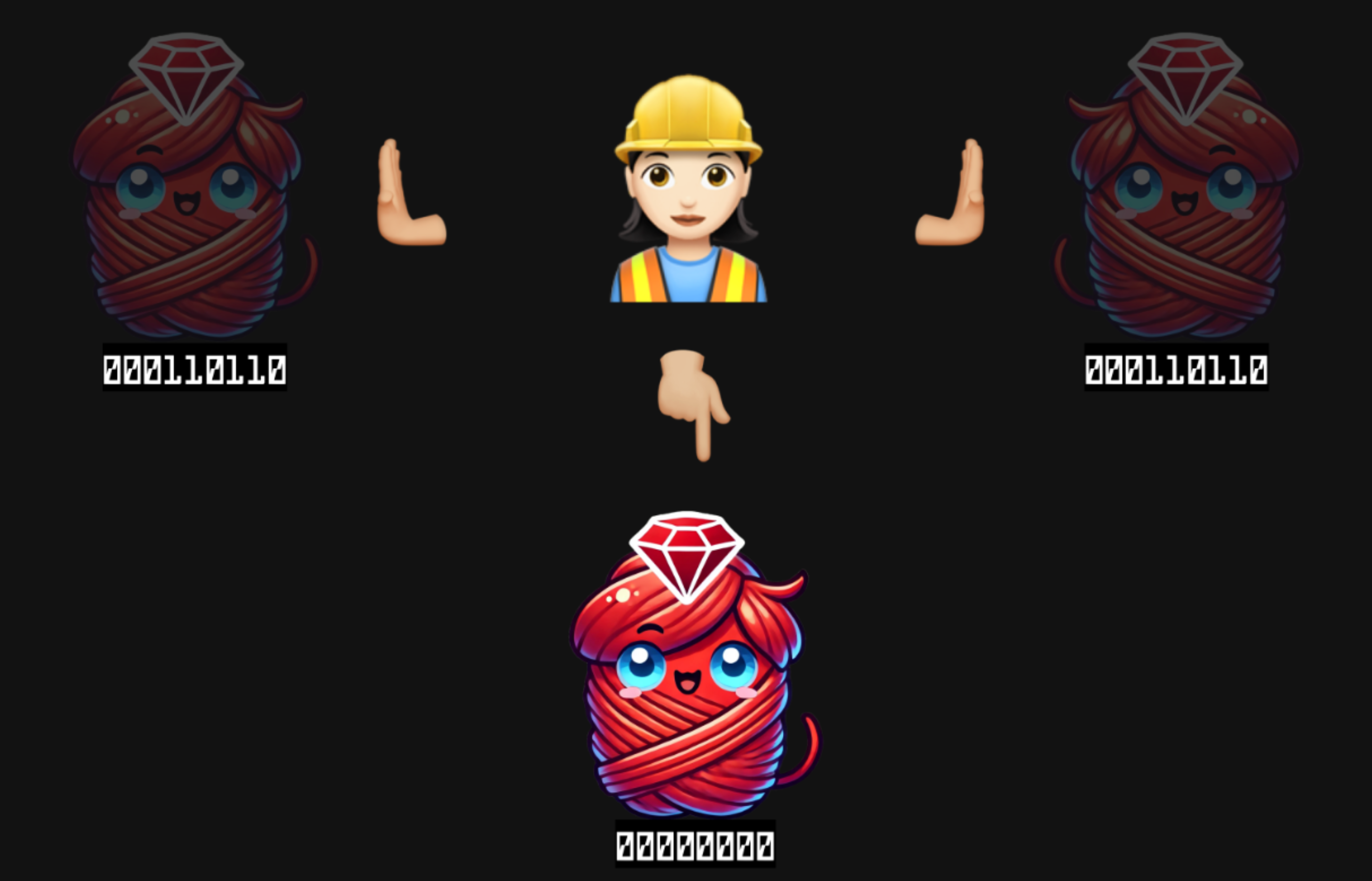If you spend any time in data circles, you’ve probably heard someone say that “R is dying” or that “everyone is moving to Python.” I have never agreed with that narrative. R remains one of my favorite languages for data science, and a large part of that is because of what Posit (formerly RStudio) has done for the ecosystem.
Over the past several years, Posit has built a fully connected environment for R users. Tools like Posit Cloud, RStudio IDE, and the new Positron editor make it easy to explore, analyze, and build projects without a complicated setup. The open source packages that Posit supports, such as the tidyverse, Shiny, and Quarto, make R feel expressive, elegant, and productive. I have used these tools throughout my career to build dashboards, reports, and web apps that would have been much harder to create from scratch elsewhere.
Still, R adoption remains below what you might expect given how polished the ecosystem is for analysis. There are a few reasons for this. R is still associated with academic work and specific domains like biostatistics, making it feel niche. The Python ecosystem dominates adjacent areas like machine learning, deployment, MLOps, and backend development, so Python becomes the default choice for teams that want one language across the entire workflow. R also has less native support in modern orchestration and cloud environments such as Airflow, dbt, AWS, Azure, and Snowflake. In addition, new analysts often choose Python because it aligns more directly with common job descriptions and hiring practices.
Posit is working directly to close these gaps by extending R beyond analysis and into production-oriented environments. Posit Workbench gives teams a shared development environment that supports both R and Python, allowing hybrid teams to collaborate without forcing a language shift. Posit Connect makes it possible to deploy Shiny apps, Plumber APIs, Python applications, and Quarto documents in a centralized platform that fits enterprise workflows. Plumber helps R users turn scripts and models into APIs without switching languages. Quarto supports mixed-language content and reproducible reporting across both R and Python. The reticulate package lowers the barrier between ecosystems by allowing R users to call Python libraries directly. Posit Package Manager provides a governed way to manage and distribute both R and Python packages in production environments. Together, these tools aim to shift R’s reputation from purely analytical to production-capable and cloud-ready.
I believe these efforts are pushing R in the right direction. The question is whether the wider data community will see R as something that can live inside scalable infrastructure rather than as a language used only for exploratory work. If Posit continues to build strong bridges to production systems and makes it easy for R projects to coexist with Python and cloud technologies, adoption may grow beyond the traditional analyst community. Personally, I hope that happens, because R has always felt intuitive, fast to work with, and fun in a way that most languages do not. I wish it were more popular.
Would you consider using R more if it became easier to deploy, scale, and integrate into production workflows?
.png)




